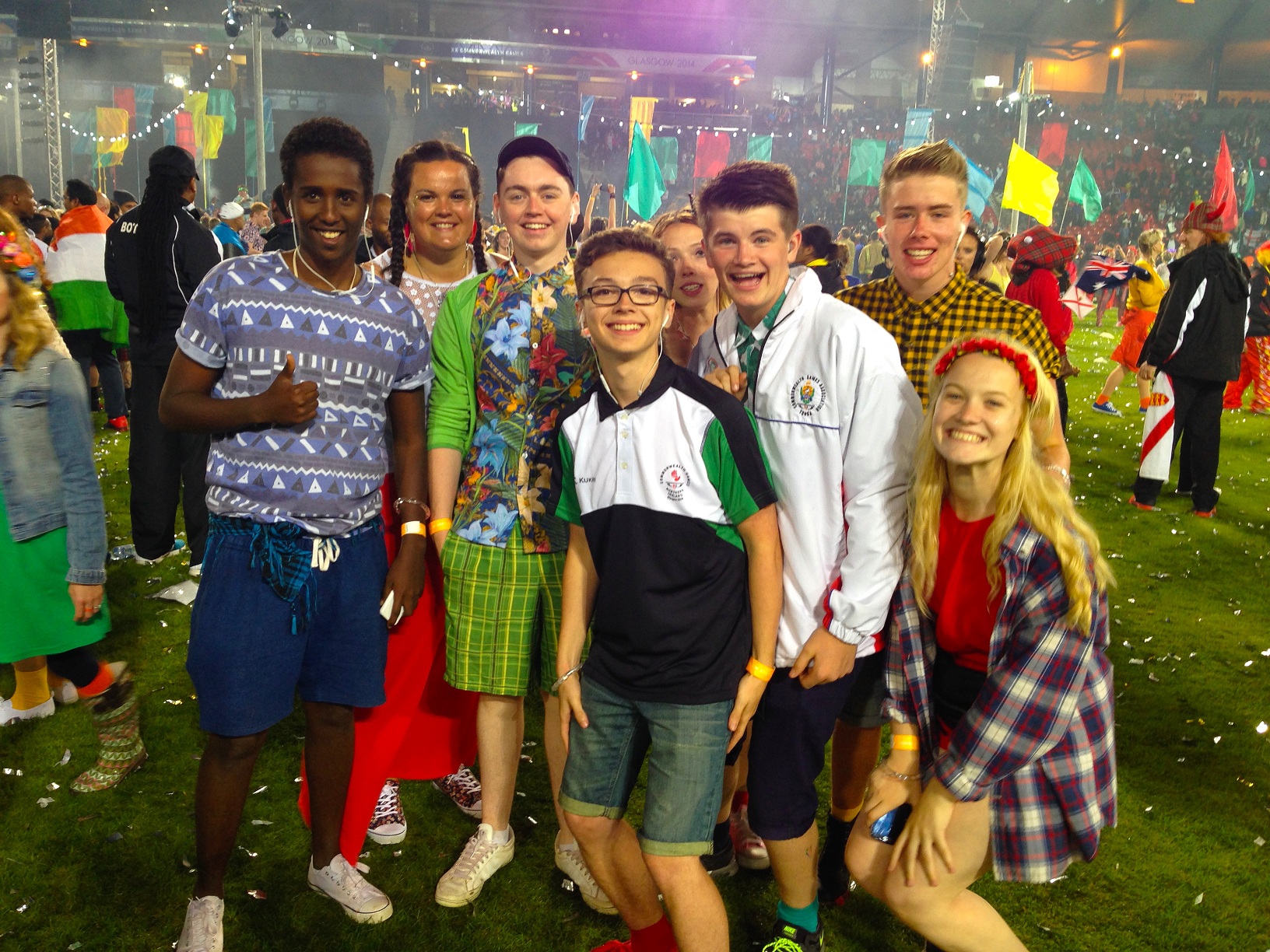
Festival City Volunteers

Between 2017 and 2019, Festivals Edinburgh and Volunteer Edinburgh collaborated on a person-centred volunteer programme with wellbeing at its heart. Together they trained 254 volunteers to welcome visitors during the festival. Half of the volunteers faced barriers to inclusion. Participants were asked about their reasons for volunteering, which included social connections, improved wellbeing or a stepping stone towards employment. Six months after the festival, the team followed up to support and understand their post-volunteer pathways. Festivals Edinburgh partnered with The Welcoming to identify and support refugees, asylum seekers and migrants into volunteering, and with IntoWork to support job seekers who wanted to gain skills through volunteering. Having trusted partners meant that there were specialist organisations to help volunteers with their next steps.
In the project’s evaluation report, Employment Advisor Lee Hutchinson explained: “The stories and experiences that my clients have shared with me during their time volunteering puts a smile on my face, they have made friends, seen fantastic shows they otherwise wouldn’t have been able to see, mixed with the stars and come away from it with a huge boost of confidence. The clients that have taken part have gone on to gain sustainable long-term employment and nearly every employer has remarked how impressed they were when they saw Festival City volunteering on their applications, it’s gained an excellent reputation with everyone involved!”
One of the biggest impacts an event volunteering programme can have on volunteer wellbeing is developing employability skills. According to What Works Centre for Wellbeing, “Unemployment is one of the most important factors affecting individual wellbeing, with negative impacts going beyond the effects on income. When measuring life satisfaction on a 0-10 scale, the unemployed report about 0.5 points lower compared to those who are in employment.” The Inquiry didn’t find examples of large-scale event evaluations that described how many people gained paid employment following their volunteering experience, although this was a feature of many qualitative evaluations.
Of course, employability skills are not relevant to all volunteers – many will be retired, still others will be looking to make use of their existing skills rather than developing new ones, or doing a meaningful leisure activity that is completely different to their day-to-day work. Such nuances are often lost in evaluations of event volunteering programmes. It would be beneficial to be able to segment the volunteer population by some of these themes in order to fully understand what outcomes the programmes are achieving for volunteers.
“I have carried on volunteering because I enjoy it and also get a lot from it. It makes me feel good to do something for my city.” – Festival City Volunteer

